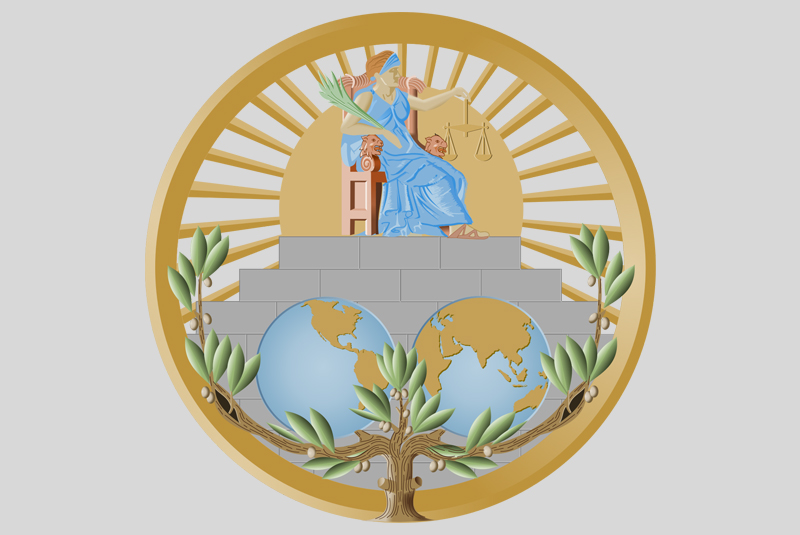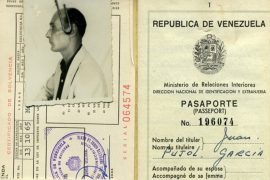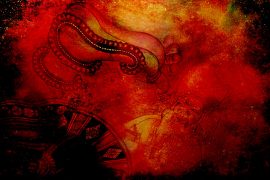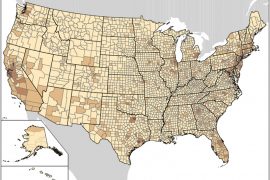The International Court of Justice (ICJ) has concluded public hearings on the `Legal Consequences of the Separation of the Chagos Archipelago from Mauritius in 1965.’ Conducted upon a request from the UN General Assembly, the four-day hearings held at The Hague from 3 to 6 September saw 22 countries (including India and the African Union) making presentations, highlighting their perspectives on the issue. The presentations, especially by Mauritius, the United Kingdom and the United States – the key players – brought to the fore their divergent views on different aspects of the Chagos conundrum. India, which has a major stake in Mauritius and in a peaceful Indian Ocean, stood with its long-standing friend as Port Louis claimed sovereignty over the archipelago.
The Chagos controversy has its genesis in colonial history; the archipelago is home to seven atolls of over sixty islands in the Indian Ocean. The British had captured and named the islands as Mauritius in the early 1800s after the Portuguese, the Dutch and the French had inhabited it at different times. With the process of decolonization gaining momentum, independence was declared on 12 March 1968.
The roots of the Chagos imbroglio can be traced some three years prior to the declaration of independence. In the early 1960s, the United States expressed interest in developing military facilities in the archipelago in Diego Garcia. Following up on this, even while independence negotiations with the Mauritian leaders were going on, the United Kingdom “detached” Chagos from the rest of the territory and set up a British Indian Ocean Territory (BIOT) in November 1965. A year later, Britain and the United States entered into an agreement to lease the territory to the latter for a period of fifty years. This agreement was vehemently opposed by the Mauritian leaders who eventually agreed to the detachment in return for certain rights and economic benefits for their country. Between 1967 and 1973, the Chaggosians were forcibly moved out to other islands, causing them much hardship.
Copyright©Madras Courier, All Rights Reserved. You may share using our article tools. Please don't cut articles from madrascourier.com and redistribute by email, post to the web, mobile phone or social media.Please send in your feed back and comments to [email protected]











